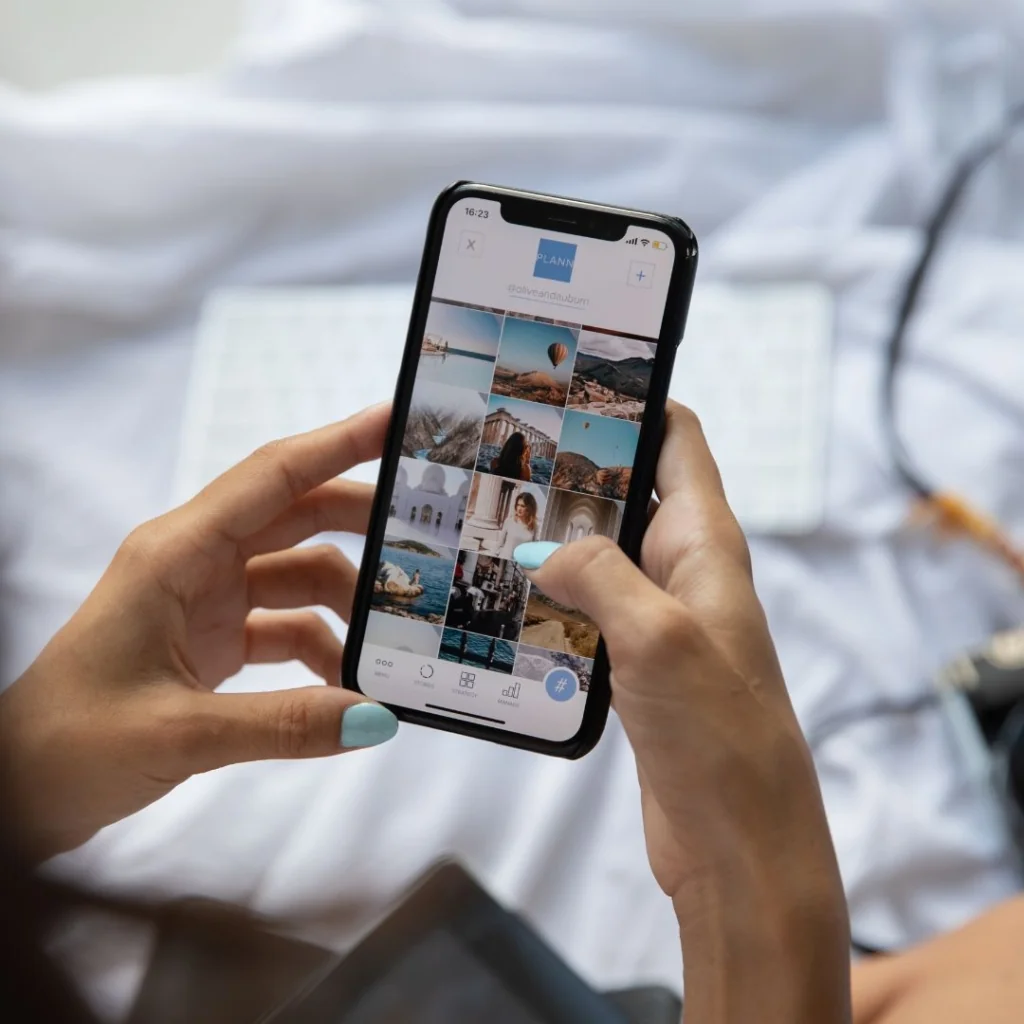Overview:
NAD recommends that Revolve influencers Georgia Hassarati and Alyssa Nicole Nelson materially disclose their relationships with the clothing seller. When disclosures are in question, surveys are always in style.
Influencer Disclosures Disputes
Influencer marketing is a major revenue driver for clothing advertisers and e-commerce sites. According to recent data, 62% of fashion-focused audiences make purchases based on influencer recommendations. Revolve Group, Inc. (“Revolve”) is a clothing retailer that relies heavily on influencer partnerships and has profited enormously. In the fourth quarter of 2024 alone, Revolve’s net sales were $293.7 million, thanks in part to influencer marketing. But when the profits are high, the stakes are high–and challenges are costly.
Georgia Hassarati and Alyssa Nicole Nelson are social media influencers and brand ambassadors for Revolve. Revolve engages influencers in a number of ways, including gifting clothing credits on its website in exchange for posts. However, brand ambassadors must always disclose their “material connection” to Revolve, per a guide provided by the company. Hassarati and Nelson had agreements with Revolve that involved gift exchanges and tagged Revolve in their posts without clearly explaining their relationship to the company. This was a faux pas, according to the NAD.
The NAD Is Living in a Material World
As part of its routine monitoring program, the National Advertising Division of the Better Business Bureau initiated an inquiry into the Revolve posts from Hasserati and Nelson. Specifically, the NAD probed whether Revolve and the influencers took proper measures to ensure that they complied with the Federal Trade Commission’s (FTC) Endorsement and Testimonial Guides (ETG). Revolve quickly asked the influencers, Hasserati and Nelson, to issue proper disclosures, and asked other influencers who are part of their gifting program to do the same. However, the NAD found the disclosures not “material” enough.
The NAD issued a statement recommending that Revolve to bring its influencers to comply with the Endorsement Guides in these ways:
● Revolve should revise its checkout terms to show to influencers before they can use gift credits, to clarify the disclosure requirements and provide examples. Disclosures must be visible in a caption and not confuse consumers.
● Revolve emails influencers with information about the clothing credit and “instructions on how to clearly and conspicuously disclose the gifting relationship they have with Revolve.” The NAD instructed Revolve to make those instructions more obvious.
● Hassarati updated her Instagram posts to make disclosures about her connection to Revolve “appear in the first and second lines of the posts without having to click on a link to expand the post.” The NAD advised her that the disclosures should be clearer–for example, a hashtag should not run words together, and a clear sentence is even better.
● Nelson made a post tagging Revolve and another clothing company, with the hashtag #sponsored, but the NAD was concerned that this did not make it clear that the post was sponsored by Revolve. It suggested a caption like “Sponsored by @revolve.”
#Compliance #TruthinAdvertising #ConsumerSurveys
In markets like fashion, where the competition is as fierce as the looks influencers serve, failing to properly disclose sponsorship can cost much more than a brand’s reputation. When hundreds of thousands of marketing dollars are at stake, correctly positioning advertising claims and sponsorship is key. MMR Strategy Group, an IMS Legal Strategies company, conducts consumer survey research that withstands regulatory challenges and competitor disputes. If you are looking to engage in influencer marketing campaigns, or other campaigns in tightly regulated markets, contact us today.
